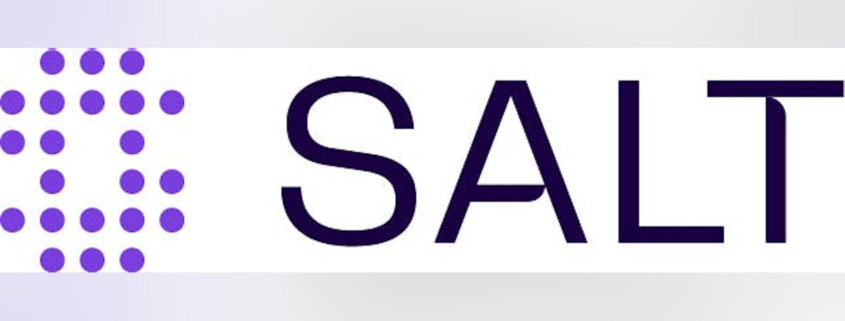Salt Security uncovers security flaws within ChatGPT extensions that allowed access to third-party websites and sensitive data
PALO ALTO, Calif., March 13, 2024 /PRNewswire/ — Salt Security, the leading API security company, today released new threat research from Salt Labs highlighting critical security flaws within ChatGPT plugins, highlighting a new risk for enterprises. Plugins provide AI chatbots like ChatGPT access and permissions to perform tasks on behalf of users within third-party websites. For example, committing code to GitHub repositories or retrieving data from an organization’s Google Drives. These security flaws introduce a new attack vector and could enable bad actors to:
- Gain control of an organization’s account on third-party websites
- Allow access to Personal Identifiable Information (PII) and other sensitive user data stored within third-party applications
ChatGPT plugins extend the model’s abilities, allowing the chatbot to interact with external services. The integration of these third-party plugins significantly enhances ChatGPT’s applicability across various domains, from software development and data management to educational and business environments. When organizations leverage such plugins, it subsequently gives ChatGPT permission to send an organization’s sensitive data to a third-party website and allow access to private external accounts. Notably, in November 2023, ChatGPT introduced a new feature, GPTs, a similar concept to plugins. GPTs are custom versions of ChatGPT that any developer can publish, and contain an option called “Action” which connects it with the outside world. GPTs pose similar security risks as plugins.
The Salt Labs team uncovered three different types of vulnerabilities within ChatGPT plugins.
The first of which was noted within ChatGPT itself when users install new plugins. During this process, ChatGPT redirects a user to the plugin website to receive a code to be approved by that individual. When ChatGPT receives the approved code from a user, it automatically installs the plugin and can interact with that plugin on behalf of the user. Salt Labs researchers discovered that an attacker could exploit this function, to deliver users instead a code approval with a new malicious plugin, enabling an attacker to install their credentials on a…


